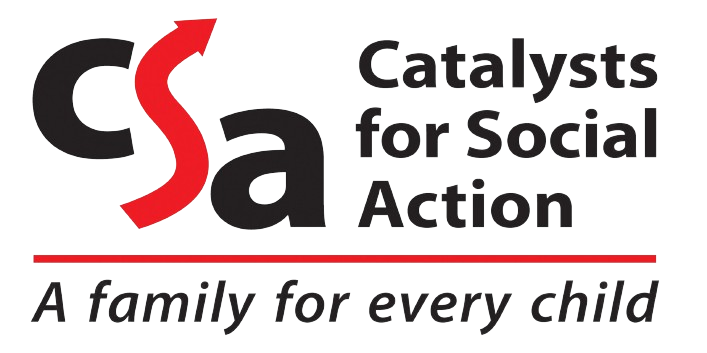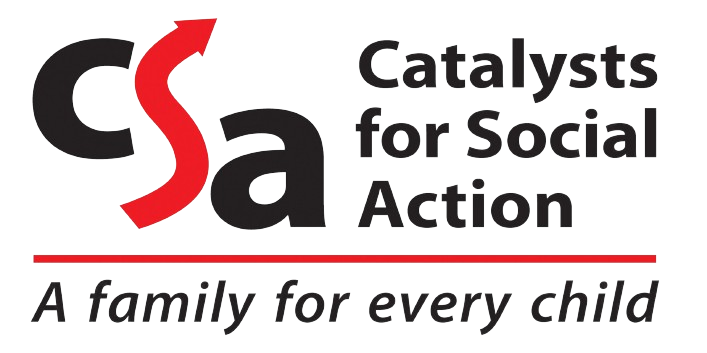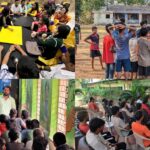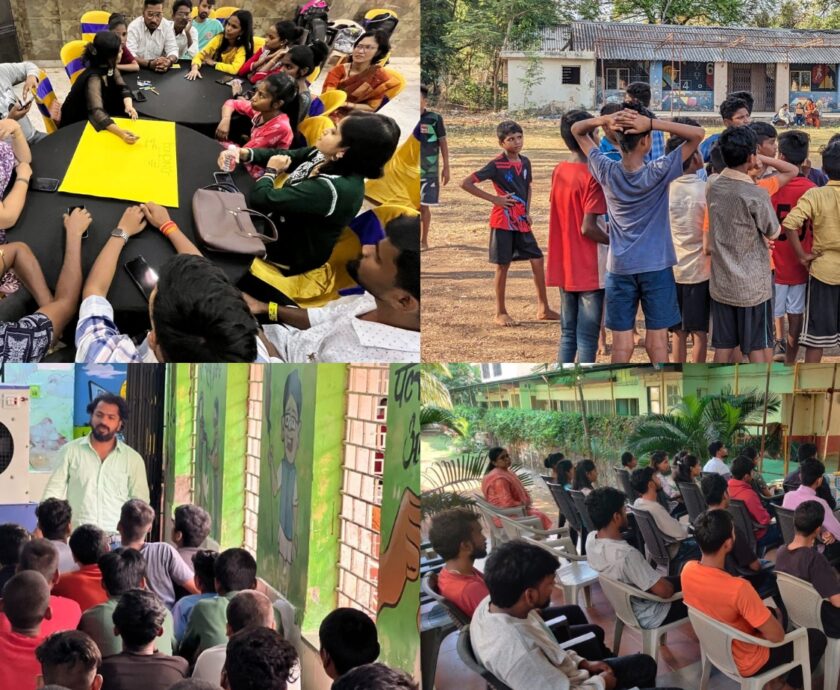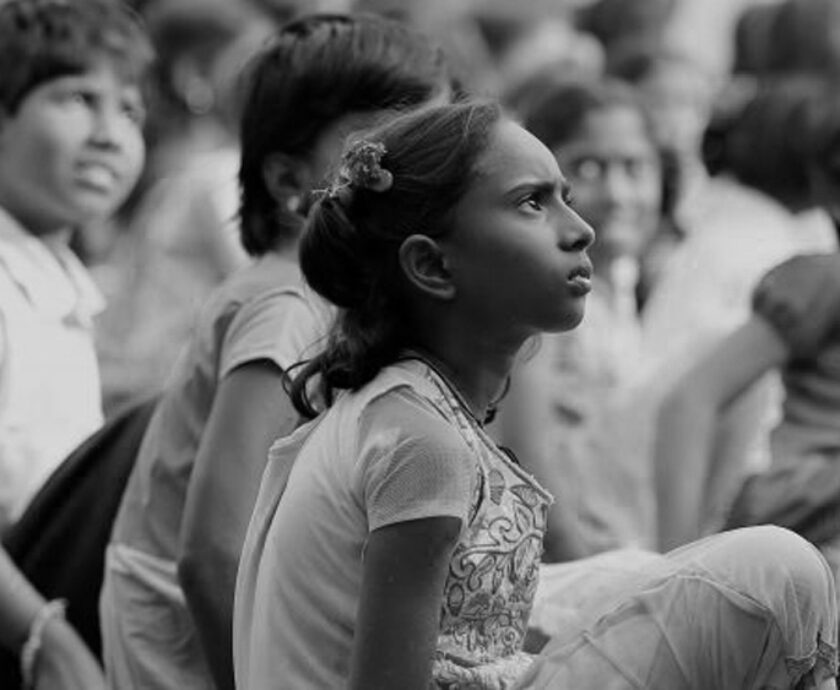“If a child can’t learn the way we teach, maybe we should teach the way they learn”
– Ignacio Estrada, well known ventriloquist in San Antonio and South Texas
Roshni struggles with maths, but her fingers fly as she weaves magic on the canvas with her paintbrush. Aftab does not like reading but he comes alive on the sports field. James did not show any affinity towards studies through his school years but blossomed into an entrepreneur.
One size doesn’t fit all, and that is not a limitation. It is what makes our classrooms intriguing, innovative and constantly challenging spaces. Educational support to vulnerable children in Child Care Institutions (CCIs) is one of our major interventions at Catalysts for Social Action (CSA). Children who enter a CCI may be orphaned, abandoned or surrendered by their parent/s, may have been rescued from a situation of abuse/ neglect, may have been placed because their parents are unable to care for them, or may be children who are alleged or found to be in conflict with law. Due to these circumstances most of them have trauma, and disrupted schooling. In such cases it is imperative to first identify the children’s emotional and psychological needs as they are different from children who live with parents.
As per the Right of Children to Free and Compulsory Education Act, 2009, children are supposed to be admitted to a class that is appropriate to their age, and have a right to receive special training to be at par with other students. In compliance with this, most children in CCIs are placed in government-run schools in a class that is appropriate for their age but not as per their level of learning. This makes it difficult for children in CCIs, who may have faced trauma, to cope with their studies along with their peers in schools. CSA identifies this gap and tries to bridge it by appointing and working with tuition teachers in CCIs.
Emotional safety is a prerequisite to learning. That is exactly what our tuition teachers along with our programme officers work towards every day. They ensure children feel accepted, safe, welcome and cared for when they interact with our team. They identify the gaps in learning and take thoughtful measures to fill them. They strive to create a space for children where they can make mistakes and ask questions without fear, and do not feel that their voice would be met with sniggers and humiliation.
CSA has appointed over 110 tuition teachers in its 100+ partner CCIs in Maharashtra, Madhya Pradesh, Odisha and Goa for children in grades one to seven and eight to ten. These teachers are trained by CSA on how children learn, particularly what trauma-informed teaching is all about. We organise tuition teacher training twice a year in all our locations and partner with like-minded organisations like Khelghar in Maharashtra, Eklavya in MP and Patang in Odisha. Apart from this, regular capacity building of an Education Core Group (ECG) formed within the organisation is among our staple learning activities. We use the expertise of various organisations to do this – for instance our ECG learnt about good classroom practices through pedagogy videos created by Peepul – an education organisation based in Delhi.
Last month, we hosted 69 teachers and CCI supervisors from all over Maharashtra and Goa for three days each – in Mumbai and Pune. The sessions focused on enhancing joyful learning for students. Through interactive activities, complex concepts of language and maths were made accessible. The training featured engaging with art for fostering creativity and active participation. We delved into the world of stories and books, exploring how effectively we can use them in creating emotional connections, increasing curiosity, with the aim that children become motivated self-learners.
As children in CCIs also come from different geographical locations, they understand different languages. Our training also helps the teachers focus on multilingual education. Another aspect that teachers have to grapple with is that children from different age-groups, with varied learning levels and belonging to different grades sit together during a tuition class. This is also addressed through our training programmes.
In Odisha, our three-day residential training was held for 27 teachers through our partner organisation, Patang. The teachers learnt how to teach children in a multi grade, multi level classroom. Peer learning is an effective way to deal with such complexities and the teachers got a flavour of how this could be done. Patang also built our teachers’ capacity to improve their classroom management, and provided a ground to clarify doubts and discuss challenges faced by our teachers.
Our training also supports our teachers in creating and maintaining a positive and productive learning environment for children’s engagement and participation. In MP, we partner with Eklavya Foundation. We found teachers highly engaged during the training that combined content-focused learning with interactive activities. The main focus was on the teaching of language and Maths.
Alongside, regular exposure to concepts like drama-in-education help teachers understand the value of engaging children in such methods. The MP teachers participated in drama conventions to learn language and topics of social science. Children are naturally drawn to stories, play, drama and the arts, and using these to teach the syllabus is far more conducive to ‘learning with understanding’ and ‘long-term learning’ than traditional ways of teaching. Teachers also appreciated how learning can be integrated and not divided by subjects.
A second round of capacity building of teachers and our programme team will take place between the end of this year and early next year. Learning is a life-long activity and our hope is that we never stop learning about how children learn. As the world of education keeps evolving, so will we – to bring the best to our children.
